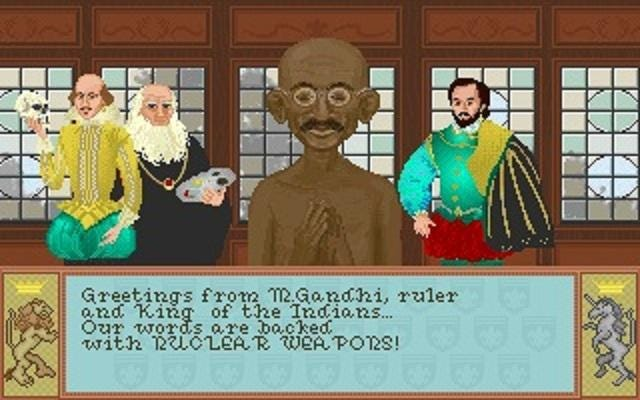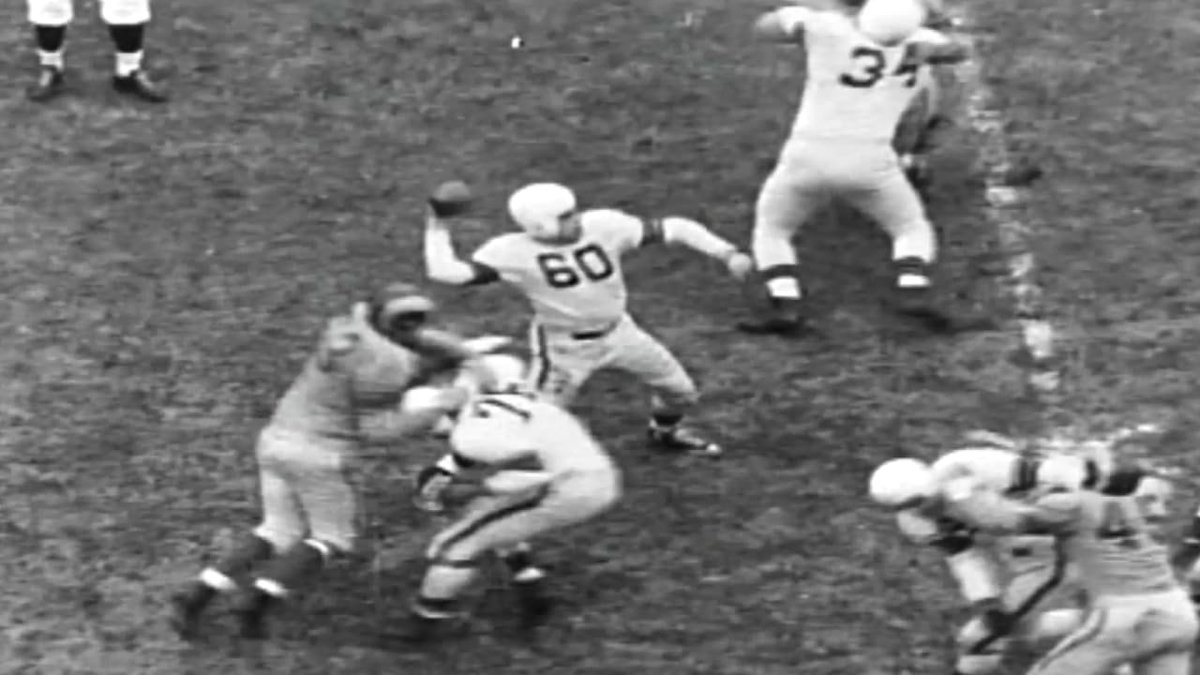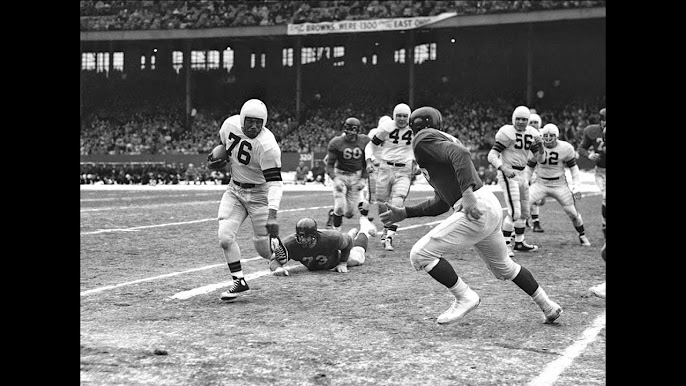The rise and fall of the Sid Meier's Civilization franchise from 1991 to 2018 is both one of the great tragedies of the computer gaming industry, and a window into the massive change in psychology of the US ruling class. This thread will explore both.
I have played every civilization game many times, but in preparation for this thread, I have replayed each civilization game at least once from beginning to end; with the exception of Civilization VI, which I refuse to dignify with my further attention.
Civilization I was a groundbreaking game in which the player acts a sort of archon spirit controlling a civilization from it's birth in 4000BC until either it's death by conquest, or it's conquest of the earth. The game was a genre-defining 4x. 

The game was implicitly based on both the 18th century view of international relations - that all nations are continuous competitors and that peace is only ever an interlude between wars, and the 20th century notion that the all states are total states.




Civ 2 is essentially a straight remake of the game, but updated to reflect the then-current hardware constraints of the post window-95 world. The game retains the essential political and social perspective of the original game, but with a more elegant skin.




Civ III [2001] was an inflection point; introducing new game concepts which forever altered the telos of the game to reflect the changed underlying assumptions of the creators of the game. Strategic resources, ethnic citizens, stable diplomacy, culture, & non-conquest victory. 

The 18th century frame on international relations is gone, replaced with a post-war American anti-colonial frame.
- It's a net-drag to conquer more than ~25% of the globe
- Stable peaceful relations are possible
- resources are scarce and a key cause of war
- It's a net-drag to conquer more than ~25% of the globe
- Stable peaceful relations are possible
- resources are scarce and a key cause of war
- Nations form coalitions to resist domination against aggressive players, even if the aggressive player is not the human player.
- Nations consider whether they can win before declaring war.
- Most games end in cultural victory or world government by the UN.
- Nations consider whether they can win before declaring war.
- Most games end in cultural victory or world government by the UN.
Civ IV [2005] begins is another substantial change in the franchise, ending the "reign of quantity" as the basic principle by which the game is organized through the introduction of real penalties for scale and the concept of "great people". 

Civilization IV fundamentally disrupted the assumption of the three previous games that all great nations must control large territories in order to be able to control enough strategic resources and generate enough commerce to remain competitive.
With the addition of religion and diplomatic pledges; Civ 4 game had well begun it's transition into a game of politics and international relations instead of a game of industrial scale and conquest.
Civ 5 made two profound changes that ended the game as previously known forever. Cities defend themselves without the need to muster troops, and units cannot stack constraining dramatically the value of having a large army. 

Civ 5 also has the distinction of being the first genuinely bad game in the series. A game with a user interface that is way less information dense, and with a real dedication to a number of mechanics that are totally irrelevant to the outcome of the game (e.g. religion). 

Civilization 6 is less an actual game than it is a propaganda art-form designed to express to it's use that the world is constrained by geography which necessitates planning and the voluntary choice not to pursue the 4 x's that were the foundation of the genre. An utter disgrace. 

When looked at in totality, you can see the fingerprints of the change in culture of the designers. The men that created Civ I were unapologetically part of the Faustian Western tradition. Civ 6 was created by men who completely disconnected from that tradition.




• • •
Missing some Tweet in this thread? You can try to
force a refresh




























